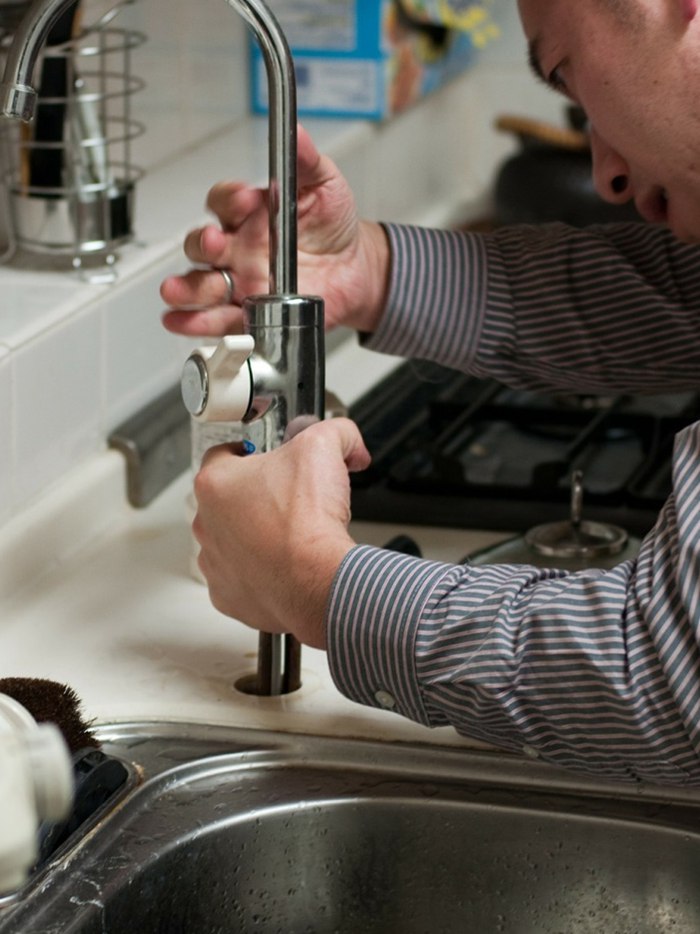So you think you want to flip houses.
Not to discourage you, but the reality of flipping houses is a lot less glamorous than programs like “Flip or Flop” and “Fixer Upper” make it seem. These programs dramatize the house flipping process, portraying house-flipping as an easy way to make boatloads of money for a relatively low investment: while programs like “Fixer Upper” attempt to portray their protagonists as less cutthroat then that, the message of such programs still rings clear to millions of viewers. You can do this too. It isn’t hard, you can switch careers easily and you can make a lot of money as a result: come join us!
The reality of house flipping is a lot more… well, down to earth. House flipping requires investors to have a ton of capital on-hand, often forcing people entering the field for the first time to borrow capital from real estate investors. And depending on your business acumen, the types of properties you invest in, and the unknown expenses and complications that tend to come with each and every single property, you can wind up in a whole really quickly instead of making millions. It’s important, before you begin to enter the house-flipping field, that you really evaluate and consider all of the potential outcomes and whether this is a profession you want to invest in.
Yet, for people who are comfortable with DIY projects, people equipped with the knowledge to discern which properties are worth investing in, and people who are ready for the long haul of repairing and making their properties enviable dwellings, house flipping may not be a bad career choice. Whether you’re looking to turn a dwelling into a purchasable home, a long-term rental, or a vacation rental property to capitalize on the tourist trade in your area, this guide aims to give you the basic know-how required not to enter the field blind.
Let’s get into it.
Table of Contents
Get An Idea of Potential Problems and Assets
When taking a tour of any property that you may invest in, you’ll want to take two things into account immediately: what elements of the property can be advertised as assets (even if they need a little TLC) and what elements of the property could potentially be problematic when you’re trying to renovate it. These two things will later be weighed against one another to determine your total potential profit later, and will ultimately decide whether you invest in the property or not.
When talking about potentially problematic things, we aren’t talking about cosmetic issues, such as cabinets that need a little TLC or shelving that might need to be replaced. We’re talking about potential foundation or electrical issues, problems that will require a lot of time and money to fix and make the property market-ready. While you may decide that some of these issues may be worth the risk, keep in mind: those are only the issues with the property you can see. A thorough home inspection is an absolute necessity before purchasing any property to ensure that anything you can’t see is also taken into account.
Avoid Buying New, If Possible
Every house flipper is concerned with… let’s say, the structural integrity of their bottom line. One good way to make sure you spend exactly what you want to spend (and that you have room in your budget to tackle anything unexpected that may come up later) is to salvage what you can of the house’s original furniture. Reuse and refurbish should be your creed, the words you live by as you decide what new appliances and amenities to install: and where possible, you can also choose to buy used versions of what you need to further pad your bottom line.
Do It Yourself, When Necessary
Finally, we have this: you can hire a contractor to reduce the amount of labor you’ll have to do yourself, and there are some situations (such as any renovations that might cause severe injury if attempted by an amateur) where you absolutely should. But where possible, do-it-yourself. Doing things yourself can save you a lot of money by making a conscious decision to invest effort into the property instead.
House flipping isn’t for everybody, as it’s far from the get-rich-quick fantasy presented on mainstream television. However, for those who are able to get into the field and navigate it efficiently, it can be a solid way to make a living.










Ask Me Anything